Hans Olden
出生 : 1892-06-30, Wien, Austria
死亡 : 1975-01-20

Peter Nikolajewitsch Sorin

Hatzinger, pensionierter Postoffizial
Karl Bockerer is a Viennese original. He survives the ‘great times’ – to his own dismay his birthday is on the same day as the one of the “Führer” – by pretending to be more stupid than he really is, and uncovers, over and over again, the hypocrisy and the uptightness of the epic nonsense in his milieu by means of real and phony naivety. Where Schweijk made a mockery of the ruling system by being a presumptive follower, the Viennese butcher strives against the tide. And he is not alone, has family and friends. His personal braveness protects him neither from the rebellion in his own house, nor from the horrors of total war…

Korvettenkapitän von Lindenau

Julius

Herr Valenci

Curtis

Von Schöberl

Wenzel Radetzky

Adler

Oberst Ferdinand von Weißenburg-Schwarzeneck

Major Holzer

Erzherzog Rudolph-Karl
Military farce starring Harald Juhnke and Gunther Philipp.

Oberst Franz Joseph von Weißenburg-Schwarzeneck

Gobsch

Paul Pawlowitsch

Anwalt

Anton Schwarz
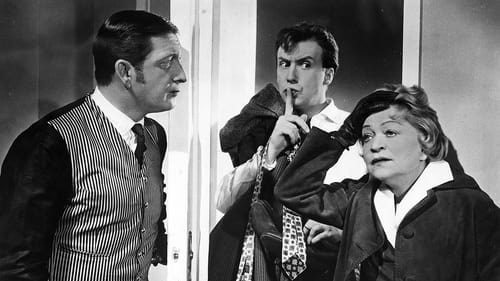
Direktor Zaretti, Biancas Vater

Staatssekretär Alexander von Schendell

Erzherzog Benedikt

Wolke
Otto Dernburg is forced by circumstances to dress up as a middle-aged woman.

Durchlaucht
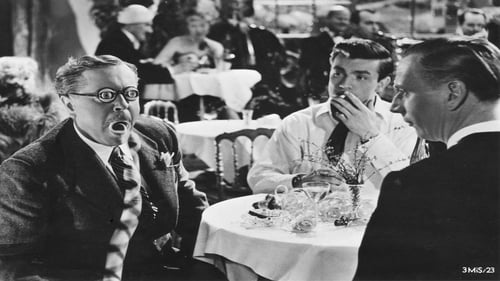
Direktor Kühne

Graf Donnersbach

Felipe

Alfred Huber

Ederle
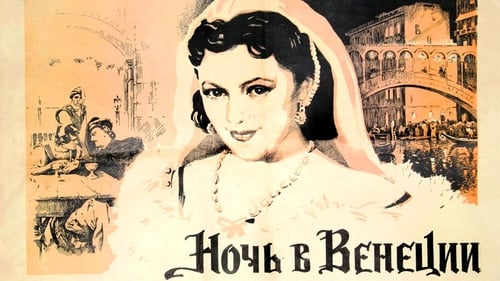
Herzog von Urbino

Gallinger

Otto, der Diener

Dr. Hans Riedinger

Bankpräsident
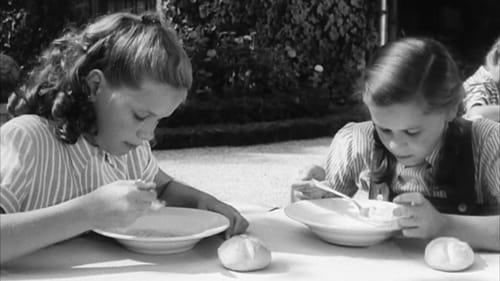
Hofrat Strobl
Two nine-year-old girls—rude Luise Palfy and respectful shy Lotte Körner—meet on a summer camp. Apart from their different hair-do, they look alike. They have never seen each other before, but soon find out that they are identical twins. It turns out that their parents divorced, each keeping one of the girls. They decide to trade places at the end of the summer. Lottie curls her hair, Lisa braids hers, and both go off to where they have never been before. The adventure begins.

Ferdinand Schwaighofer

Polizeipräsident

Max

Sommermann, Apoteker

Jeremias Sauer

Heinz Borger
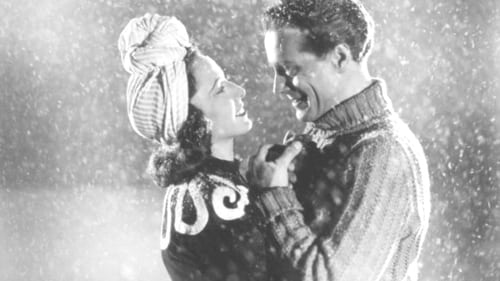
Direktor Schmoller
The young ice skating talent, Liesl, lands a part in a new Revue at the Palast Theatre simply because she is confused with someone else. In reality, the roll was to be awarded to Lu Panther, the untalented girlfriend of the theatre's owner, Wildner. After a series of accidents and little disasters, Wildner shuts down the theatre before the Revue can take place. But the Revue's director, Ernst Eder, decides shortly thereafter to present the Revue on an ice skating rink belonging to Liesl's uncle. After a successful run, at first at the Wiener Prater, the performers move on to Spain, Hungary, and a night club with a Jazz orchestra. The Revue becomes a huge success ... and, of course, Ernst and Liesl end up together, too.

Dr. Frey

Styr, Bildhauer

Finanzminister

Graf Riedl-Steinbach

Felix Fritsch

Fleischermeister Karli Weissenböck
The seamstresses Franzi and Mizzi have opened up a small shop in a suburb of Vienna. Mizzi is of the opinion, however, that her friend could have a much better life if only she'd marry Karl, the son of the landlord, who has been hot for her for quite a while now. Next store to them lives a rather elegant gentleman, whom Mizzi does not like. One day, an excited woman bursts into the studio, tears off her clothes and begs the girls to act as if they're fitting her for a dress should her husband waltz on in, too. In fact, her jealous husband Stefan does show up and is thrilled to discover that his Gerda isn't cheating on him. But Mizzi and Franzi are positive, that she's been meeting a certain elegant gentleman next door.

Zirkusdirektor Lindner

Cameron, Kunstschütze

Reiseleiter

Barmixer
Four orphaned friends move after the Abitur, supported by the janitor of her school, together in a flat and look for work to be able to finance her study. Two make the acquaintance of a frivolous young baron. One shoots in her outrage at him, nevertheless, is acquitted in court. - Stereotyped Jung's girl's cheap sensationalism, broken up by popular comic. Hans Moser stands out by his delightful character comic. The last in Austria produced film before the invasion of the armed forces ('Wehrmacht').

Viktor Lamont

Redl - Dahlens Sekretär

Nicki, Volkssänger

Blüml, Straßenmusikant
A new member of the Vienna Boys Choir shoulders the blame for a theft.

Eduard
Story of a naive kitchen maid who falls in love with a wealthy womanizer.
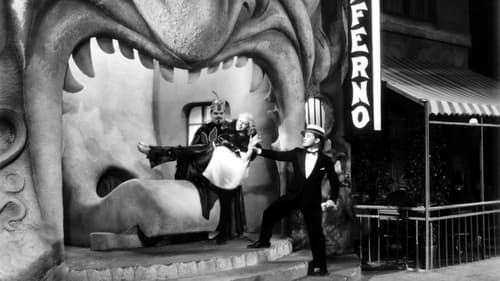
Der 'Monokelfredy'
When their relatives from the countryside miss the train to their wedding anniversary, Lawyer Dr. Helwing and his wife Dolly decide to go out together. Meanwhile, infamous burglar "Monokel-Fredy" enters the Helwing villa with some of his cronies, only to find out that the relatives have arrived after all.
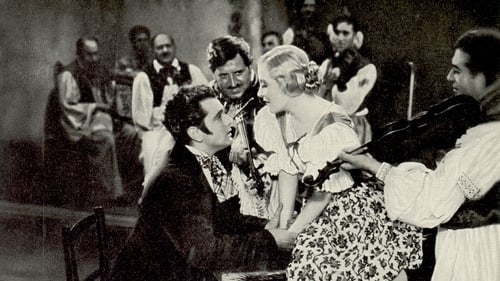
Hüttenbrenner
A section from the life of composer Franz Schubert as a material for a love story. Also known in English as Gently My Songs Entreat. An English version called Unfinished Symphony would follow in 1934.

Dr. Theobald Steinlechner
Ten years after the end of World War I, Austrian soldier Franz leaves Russia and returns to his village, where he is reunited with Frieda, a woman who believes he is her long-lost son. She seeks him out and greets him with such loving joy, that Franz doesn't have the heart to tell her the truth. He stays with her and when he gets to know his new girlfriend Annie, he begs her to hide his true identity from Annie. Annie, for her part, has seen through this charade already, but chooses to say nothing and to continue to care for Franz.







